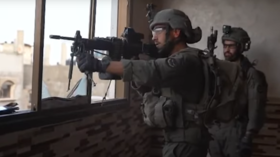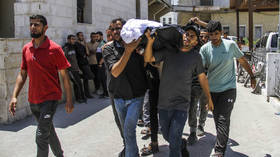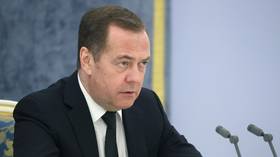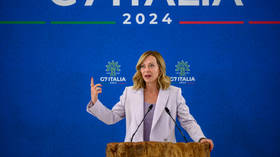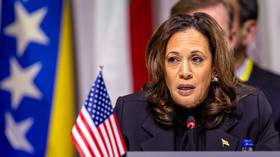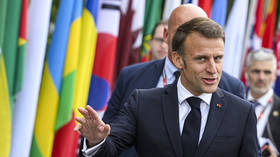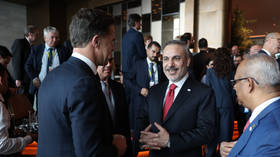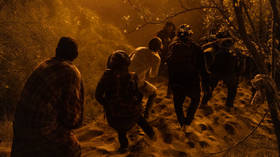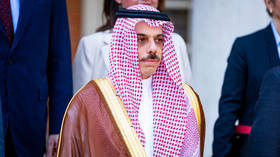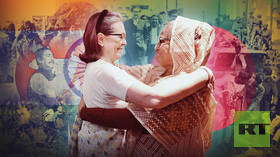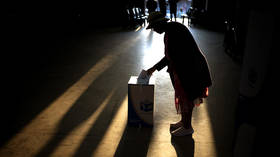South Africa responds to ICJ ruling on Gaza offensive
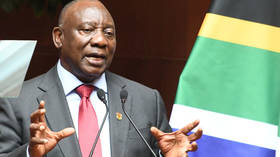
South African President Cyril Ramaphosa has welcomed an International Court of Justice (ICJ) decision granting his government’s request to order an immediate halt to Israel’s military offensive in the southern Gaza city of Rafah.
“We call on all state parties to observe the prescripts of international law, which obliged them to reconsider their relations with Israel following the court findings,” Ramaphosa said in a statement after the ICJ issued its ruling on Friday. He added that Israel is obliged under international law to abide by the court’s order, along with previous decisions requiring West Jerusalem to alleviate the humanitarian crisis in Gaza.
The latest order by The Hague-based ICJ demanded that Israel end its Rafah invasion because West Jerusalem had not sufficiently addressed concerns that the operation would worsen “catastrophic” humanitarian conditions in the Palestinian enclave. The ICJ’s president, Nawaf Salam, said the Israeli military campaign threatened to “inflict on the Palestinian group in Gaza conditions of life that could bring about its physical destruction in whole or in part.”
The ruling stems from a genocide case brought against Israel by the South African government in January. The 15-judge ICJ panel has issued several preliminary rulings in the case insisting that Israel do everything it can to prevent genocide in the Palestinian enclave, but Salam said conditions have only “deteriorated further.”
More than 35,000 Gazans have been killed since the Israel-Hamas war began last October, according to local health officials. The enclave also is gripped by “full-blown famine,” the World Food Program said last week. The UN has warned that the Rafah offensive “could lead to a slaughter” in the city, where more than 800,000 civilians were forced to flee because of earlier Israeli attacks in other parts of Gaza.
South African lawmakers voted last November to sever diplomatic relations with Israel. Ramaphosa’s administration called the latest ICJ ruling against West Jerusalem “groundbreaking,” saying it marked the first time that Israeli forces had been explicitly ordered to cease military action in Gaza.
However, Ramaphosa claimed in his statement that Gazans continued to die because Israel was refusing to abide by the court orders and was purposely starving people in the besieged enclave. “This case is thus focused on the ordinary Palestinians in Gaza who are now facing their seventh month of suffering through collective punishment for something for which they have no individual responsibility,” he said.
He was referring to the October 7 attacks by Hamas, which triggered the latest war in Gaza. Israeli leaders have vowed to eradicate the militant group and have claimed that Rafah is the last remaining Hamas stronghold.
Israeli Prime Minister Benjamin Netanyahu’s office reacted to the latest ICJ ruling by calling South Africa’s genocide case “false, outrageous and disgusting.” West Jerusalem denied that its Rafah operation “could lead to the destruction of the Palestinian civilian population, in whole or in part.”
The ICJ has no power to enforce its rulings against Israel, and Netanyahu has insisted that the Rafah offensive will go forward, regardless of international pressure.
